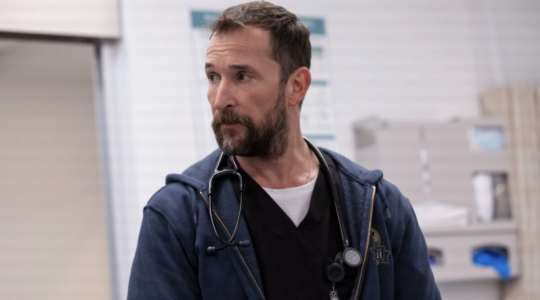Israelis will be flocking not only to the synagogue this Yom Kippur, but also to hospital emergency rooms.
The holiest day of the Jewish year is also the busiest for the country’s emergency medical service, Magen David Adom. The organization’s director general recently instructed units to raise their alertness to level C, the highest, in an effort to meet the high demand.
Each year, Israel’s emergency medical service treats more than 2,000 people on the Day of Atonement, Magen David Adom said in a statement.
What’s the cause?
There’s the obvious one: not eating or drinking for a whole day can lead to dehydration, fatigue and a host of other unpleasant symptoms.
But perhaps less obvious is the fact that children are more likely to get in trouble, as they are often left to play unsupervised while their parents go off to synagogue to atone for their sins.
Most Israelis avoid driving on Yom Kippur and instead use bikes to get around, resulting in more accidents.
Also, pregnant women who do not eat are at risk: fasting in the later stages of pregnancy doubles a woman’s risk for premature delivery, according to a study.
JTA has documented Jewish history in real-time for over a century. Keep our journalism strong by joining us in supporting independent, award-winning reporting.






